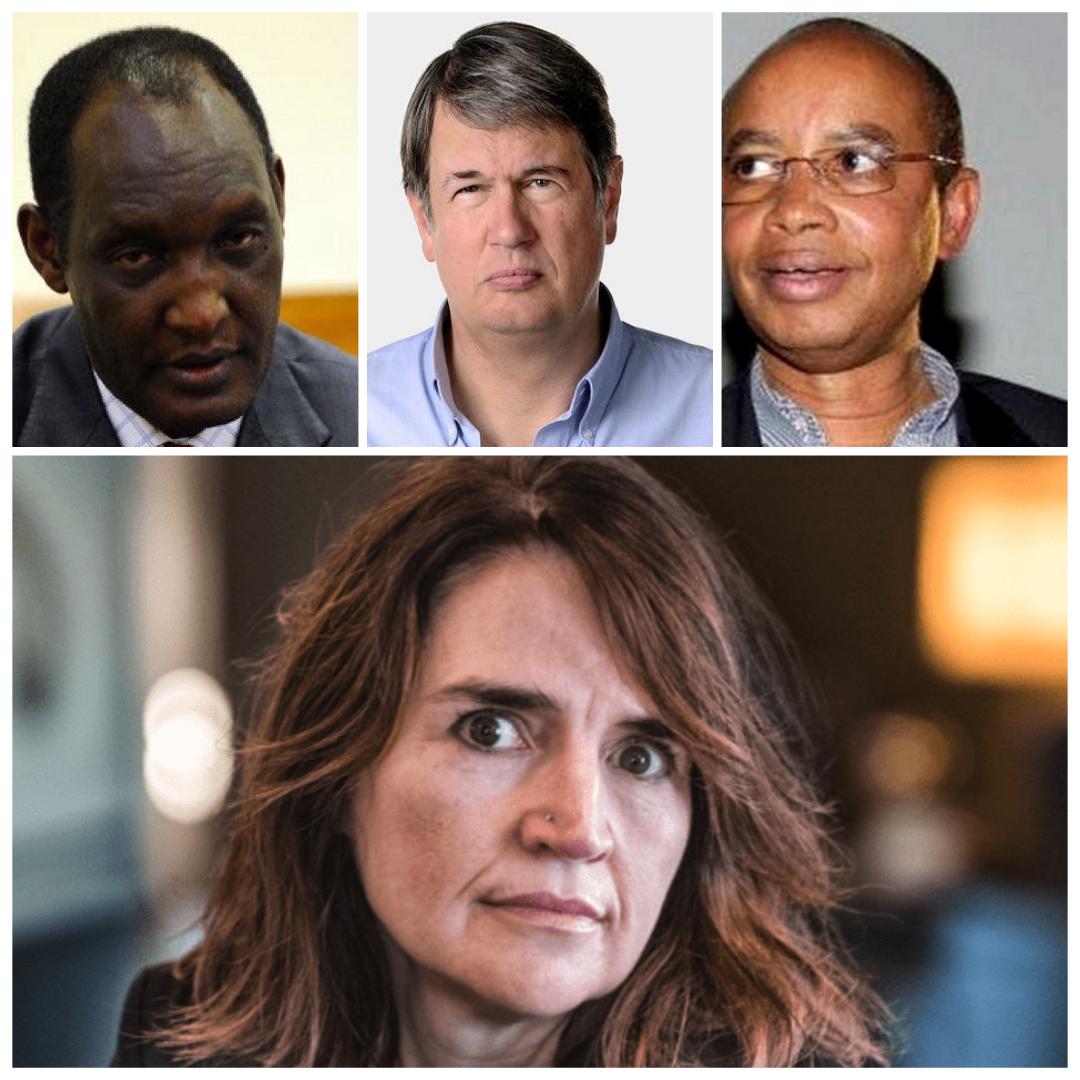In times of war, words are weapons, and every statement from a Commander-in-Chief carries strategic weight. That’s why President Paul Kagame’s latest remarks on Rwanda’s involvement in the Democratic Republic of the Congo (DRC) are not just words—they are battlefield signals.
When asked whether Rwanda had troops in the DRC, Kagame did not give the standard denial. Instead, he simply said: “I don’t know.” When pressed further by a CNN reporter who pointed out that he is the Commander-in-Chief, Kagame’s response was just as deliberate: “There are things the CIC doesn’t know.”
In any other setting, this might have been seen as an ambiguous statement open to analysis. But in a warzone, there is no room for neutral interpretation. No serious military analyst would try to dissect that remark without being a player in the conflict. This isn’t about speculation or second-guessing—what was said is what was said.
No Neutrality in War
Military analysts are clear: this statement cannot be analyzed in isolation. It is part of a broader battlefield narrative, a deliberate move in a war where information is as crucial as firepower. When a CIC says, “I don’t know,” it does not mean he lacks information—it means he is controlling the flow of it. The real message lies not in the uncertainty, but in what followed:
“If you ask me whether there’s a problem in Congo, yes. And I am 100% sure I will do something about it.”
That is not diplomacy, not speculation, but a direct signal of intent. 100% certainty in military terms means a decision has been made. The nature of that decision—whether it involves covert operations, strategic repositioning, or direct intervention—remains unseen, but its inevitability does not.
Rwanda Is Not Yet on the Front—But It’s on the Borderline of the Gunfire Field
This statement must also be understood in the context of the recent aggression against Rwanda itself. During the M23 battle for Goma, Congolese forces fired rockets into Rwanda, triggering the country’s air defense system to neutralize some, while stray ones killed five Rwandans and wounded 30 others.
That was not a battlefield accident—it was an attack on Rwanda’s territory and its citizens.
However, Rwanda is not yet on the front. The country has not officially entered the war, but it is at the borderline of the gunfire field. With attacks reaching Rwandan soil, the question is not if Rwanda will act, but when and how. As CIC, Kagame took note. He owes Rwandans an action against such aggression. The only unanswered questions are when, where, and how. That is what his 100% certainty entails.
Kagame and Tshisekedi: Neither Wants War, But Retaliation Is on the Table
Despite his firm stance on Rwanda’s right to retaliate against aggression, Kagame insists that he does not want war. In a rare acknowledgment of his counterpart, he even defended President Félix Tshisekedi, saying that he does not want war either.
However, what both leaders want and what the battlefield dictates are two different things. Kagame’s insistence on retaliatory action against the DRC’s cross-border aggression is on the table—without question. He may not seek war, but he has made it clear that Rwanda’s security is non-negotiable.
This is not posturing. It is a direct warning that Rwanda will not sit back while its borders are violated. And when a Commander-in-Chief publicly declares 100% certainty of action, that is not a bluff—it is a matter of strategic timing.
Commanders Speak in Strategy, Not Soundbites
Taarifa has had candid and informative conversations with Kagame’s closest comrades—war heroes who fought alongside him and those he has entrusted with commanding duties. The consensus is clear: the CIC has spoken. That’s it.
They are trained to pick up his message and wait for instructions—not to analyze, not to debate. That is not their role. In military structures, when the commander speaks, orders are awaited, not discussed. Those who have served under Kagame understand this instinctively.
A Commander-in-Chief never reveals full battlefield awareness to the press, let alone to a foreign journalist. His words were calculated misdirection, meant to shape perception while keeping adversaries second-guessing.
War is not a political debate—it is a high-stakes chess game, where every word and silence carries weight. Those trying to overanalyze Kagame’s statement without a direct stake in the conflict are either missing the point—or revealing their own position.
Because in war, there are no neutral spectators.

















